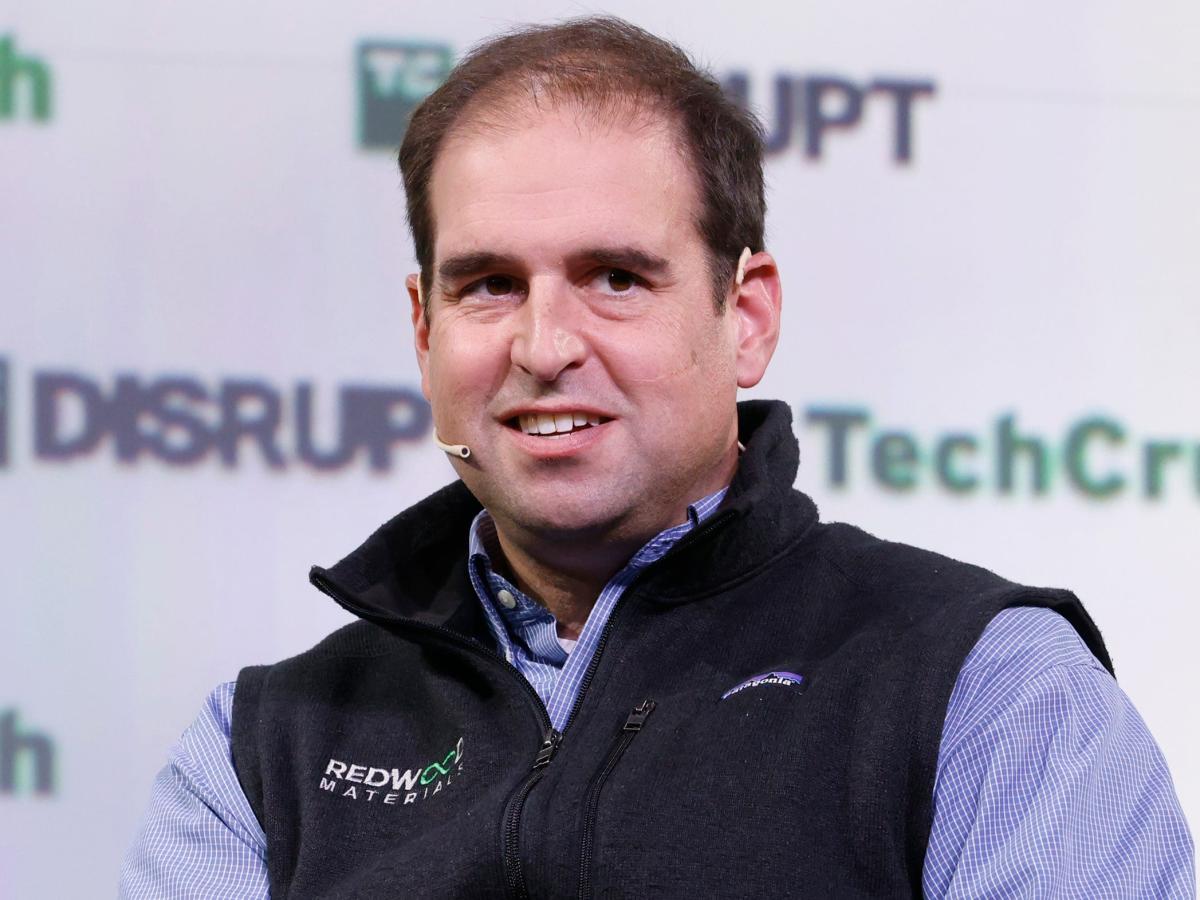Introduction
As the world transitions towards a sustainable future, the electric vehicle (EV) industry is at the forefront of this revolution. However, with the growth of EVs comes the pressing challenge of battery disposal and recycling. In response to this urgent need, a former Tesla executive is launching an innovative battery recycling company, projected to generate an impressive $200 million annually. This venture not only aims to tackle the waste management issues prevalent in the EV sector but also contributes significantly to sustainable energy practices.
The Vision Behind the Venture
The new company is spearheaded by a seasoned entrepreneur with extensive experience in the EV industry, particularly in battery technology. The vision is to create a closed-loop system for lithium-ion batteries, which are the primary power source for electric vehicles. This closed-loop system aims to:
- Reduce the environmental impact of battery disposal.
- Recover valuable materials such as lithium, cobalt, and nickel.
- Lower the overall costs of battery production by reusing materials.
As the demand for electric vehicles surges, the need for effective recycling solutions becomes increasingly critical. The new recycling firm plans to implement advanced technologies to ensure efficient processing of used batteries, which can otherwise pose significant environmental risks if not handled properly.
The Importance of Battery Recycling
Battery recycling is crucial for several reasons. First, it mitigates the environmental impact of discarded batteries, which can leak harmful substances into the soil and water systems. Additionally, it addresses the growing concern over the finite availability of raw materials needed for battery production:
- Lithium: Predicted to face shortages as demand escalates.
- Cobalt: Sourced primarily from politically unstable regions, making supply chains vulnerable.
- Nickel: Essential for high-performance batteries, and its demand is poised to rise sharply.
By recycling these materials, the new venture not only contributes to environmental sustainability but also helps stabilize the supply chain for battery manufacturing.
Technological Innovations Driving Change
The former Tesla executive’s company plans to utilize cutting-edge technology to streamline the battery recycling process. Some of the innovations expected to be implemented include:
- Hydrometallurgical Processes: Using water-based solutions to extract metals from batteries, which is less harmful than traditional methods.
- Pyrometallurgical Techniques: High-temperature processes to recover precious metals, though these are energy-intensive.
- Artificial Intelligence: AI systems will optimize sorting and processing, improving efficiency and reducing costs.
These technologies not only enhance the recovery rates of valuable materials but also minimize the carbon footprint associated with battery recycling.
Regulatory Landscape and Industry Support
The regulatory environment surrounding battery recycling is evolving. Governments worldwide are recognizing the necessity of sustainable practices in the EV sector. Recent policies and incentives include:
- Tax credits for companies engaging in sustainable practices.
- Mandates for recycling rates in the automotive industry.
- Funding for research and development in battery technologies.
Industry support is also crucial. Collaboration among automakers, battery manufacturers, and recycling firms can foster a more integrated approach to waste management. For instance, partnerships with established EV manufacturers could facilitate a steady supply of used batteries, ensuring the new venture’s sustainability.
Broader Implications for the EV Market
The establishment of a robust battery recycling framework has broader implications for the electric vehicle market. It not only enhances the sustainability of EVs but also helps alleviate some concerns related to the environmental impact of battery production. Key outcomes may include:
- Lower Costs: Reusing materials can significantly cut costs for manufacturers, potentially leading to lower prices for consumers.
- Increased Consumer Confidence: Knowing that batteries can be recycled responsibly may encourage more consumers to opt for electric vehicles.
- Job Creation: As the recycling industry grows, it is expected to create numerous jobs, from technical roles in processing to administrative positions in management.
These factors could collectively accelerate the adoption of electric vehicles and the transition to a low-carbon economy.
Conclusion
The new battery recycling venture led by a former Tesla executive signifies a pivotal step towards revolutionizing the EV industry. By addressing the pressing issues of waste management and resource recovery, this company is not only poised to achieve substantial financial success but also to foster sustainable practices within the energy sector. As demands for electric vehicles continue to rise, the establishment of efficient recycling methods will be critical in ensuring that the benefits of EVs are realized without compromising environmental integrity. This initiative could very well serve as a model for others in the industry, paving the way for a greener, more sustainable future.
For more information on the future of renewable energy and electric vehicles, visit Energy.gov.
See more Business Focus Insider Team

